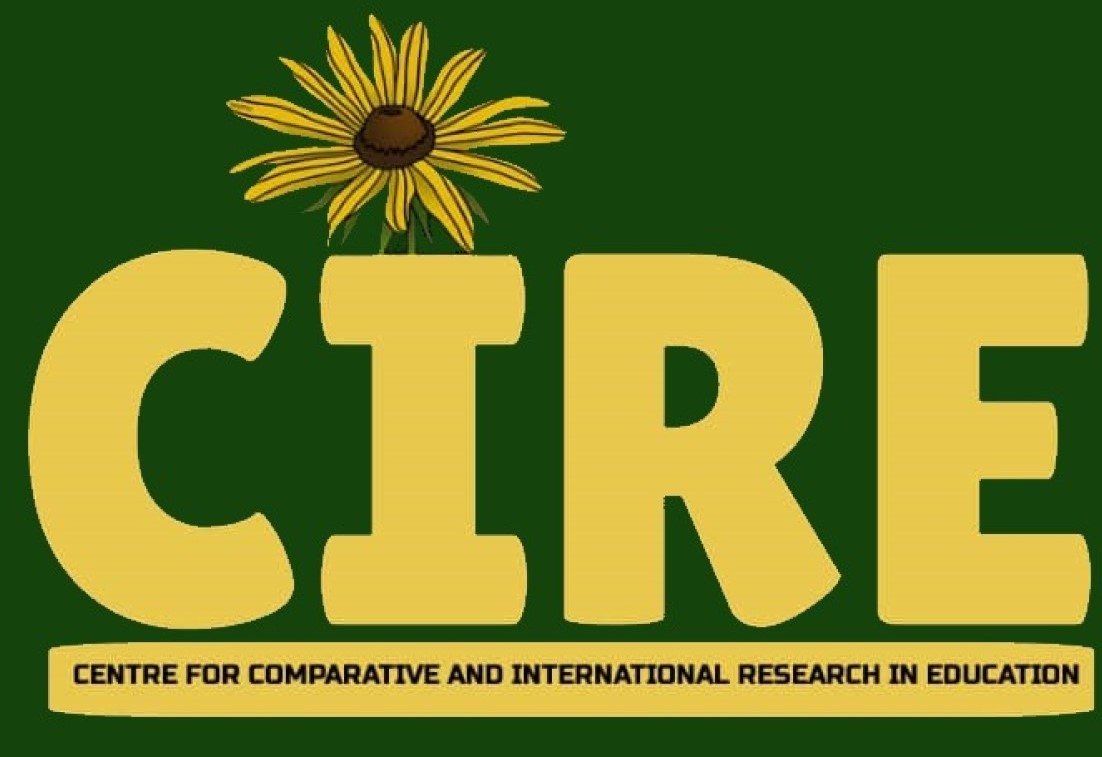Bristol Conversations in Education – The tangled web between refugee rights, capitalism, race and education
18 September 2023, 3.00 PM - 18 September 2023, 4.30 PM
Dr Ritesh Shah, Senior Lecturer (Faculty of Education and Social Work, Critical Studies in Education, University of Auckland, New Zealand)
This is a HYBRID EVENT: Join the event in person or by Zoom | Please find Zoom details at the end of your order confirmation email.
This event is part of the School of Education's Bristol Conversations in Education research seminar series. These seminars are free and open to the public.
Hosted by the Comparative and International Research in Education (CIRE)
Speaker: Dr Ritesh Shah, Senior Lecturer (Faculty of Education and Social Work, Critical Studies in Education, University of Auckland, New Zealand)
Recent discussions within international and comparative education have begun to disentangle the historical and contemporary links between race, colonialism, education, and the ‘development’ project (Sriprakash, Tikly, and Walker, 2020). This important work has shed light on various blind spots, absences (wilful or otherwise), and erasures prevalent in practice, policy, and research in this field (Menashy and Zakaria, 2022). Such discussions, however, have largely avoided discussing how this is also prevalent in the education in emergencies community (Oddy, 2020). Both the guarantee and promise of rights-based provision of basic services (including education to all) in times of crisis, and humanitarian principles of neutrality, independence and humanity have afforded this realm of work ill-bestowed immunity from interrogation.
I seek to argue that the inequities and inequities we observe today in terms of the affordance of rights to some refugees or migrants and not others, can be understood through the logic of capitalism and its dependencies on political and social systems which racialize and subjugate. Two key concepts—that of expropriation and exploitation—discussed by Nancy Fraser (2022) in her book Cannibal Capitalism—will be used to advance this argument. Specifically, the nature of education provision in many humanitarian contexts, has become an indication of which groups will become exploitable versus which groups will be completely expropriated by capitalism’s demands for resources and labour. This is often reflected in: (a) whether access to education, of any form, is afforded to refugees in host countries where they find themselves; and (b) the nature of the education they are provided. Often such determinations are made based on racialized narratives and justifications, deeply imbued and embedded within the humanitarian system itself.
REGISTER FOR THIS EVENT

Contact information
ed-events@bristol.ac.uk
